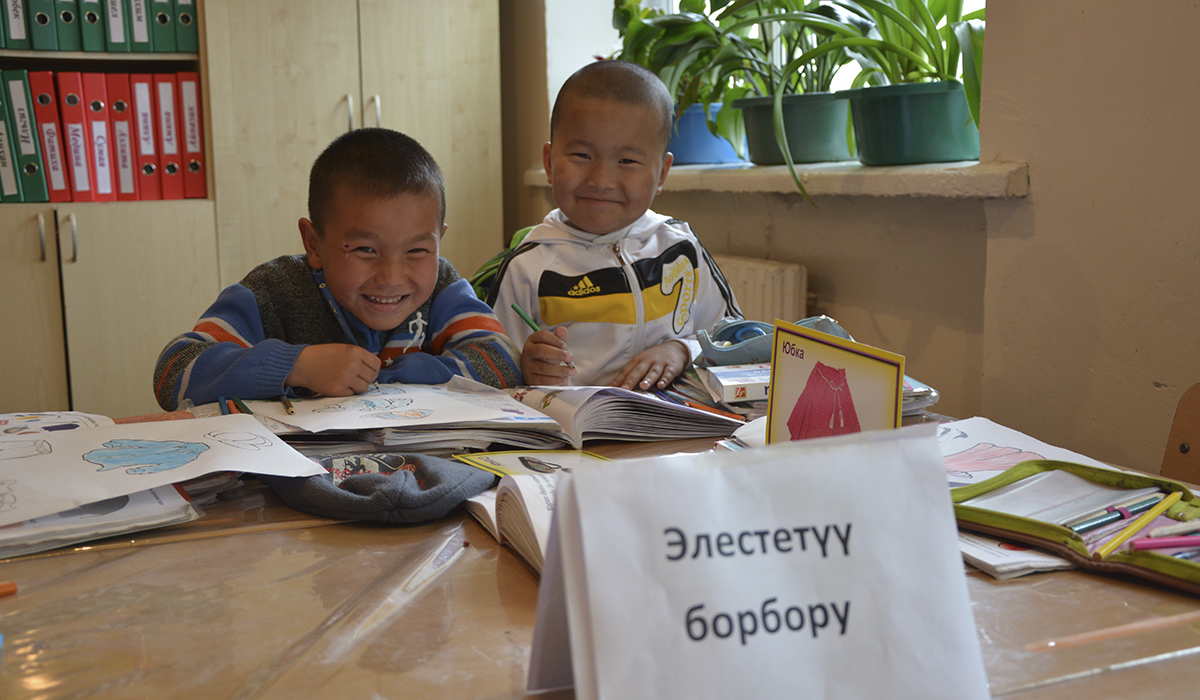
© Ministry of Education, Kyrgyz Republic
Introduction
Experience shows that having a Technical Working Group (TWG) focused on ECE is a key factor in successfully embedding and strengthening ECE within Education Sector Planning processes (ESP processes).
Such a group can systematically provide support and inputs throughout the planning process, at the same time building country capacity and political will.
This tool provides general tips on establishing or strengthening such an ECE TWG. A sample “terms of reference” (ToR) for an ECE TWG is also provided. This can be used as a template and adapted for your country context as needed.
Objectives
Using this tool will enable you to:
Identify the membership of an ECE TWG
Articulate the objectives, mandate and scope of work of the ECE TWG
Develop terms of reference for the ECE TWG
When to Use this Tool
This tool can be used before or at the start of the ESP process . It can help establish an ECE TWG or orient and strengthen existing technical working groups prior to their engagement in the ESP processes.
Remember that this is an iterative process. In that spirit, this tool can also be useful to refine or adjust the roles and responsibilities of an ECE TWG throughout the ESP processes. These refinements can help ensure that the TWG’s expertise is leveraged to support implementation and monitoring and evaluation of ECE plans. For example, if issues of implementation of the ESP emerge, but the TWG’s initial scope of work did not cover this aspect, fine-tuning the TWG’s objectives and tasks will help that body continue to help address later implementation challenges.
Key Information
As the Deputy Director-General of the Ghana Education Service (GES) and overseeing the implementation of the Ministry of Education (MoE)’s policies and programmes for the sector, I must applaud and commend the ECE Technical Working Group ( ECE TWG) for their commitment and dedication throughout the ECE Policy Framework development process. This group worked with passion, persistence and with a collaborative approach that achieved results to obtain approval of the ECE Policy Framework by our Cabinet. Throughout this process, I developed trust in them and concluded that the MoE/GES were in safe hands.
All I needed to do was to provide timelines and ensure the necessary approvals at each stage, until completion of the process. Presenting the ECE Policy Framework (which includes an ECE Policy Directive, Costed ECE Implementation Plan and M&E Framework) to our Minister of Education was the least work I had to do. In retrospect, I have no doubt in my mind that we (myself, together with the core leads) made the right and best choice by selecting this team to respond to the vision of the MoE and GES, and particularly the needs of Ghanaian children to ensure that they all have a fair chance to be “ready for learning” in primary school.
Anthony Boateng
Deputy Director-General (Management and Services) of the Ghana Education Service